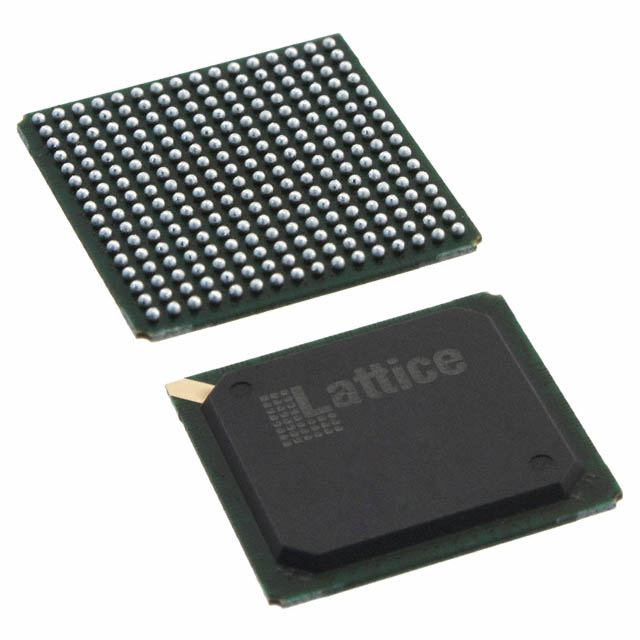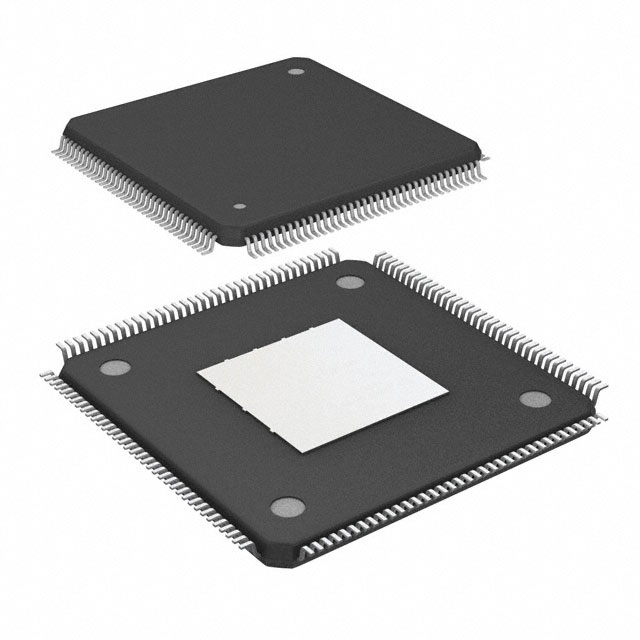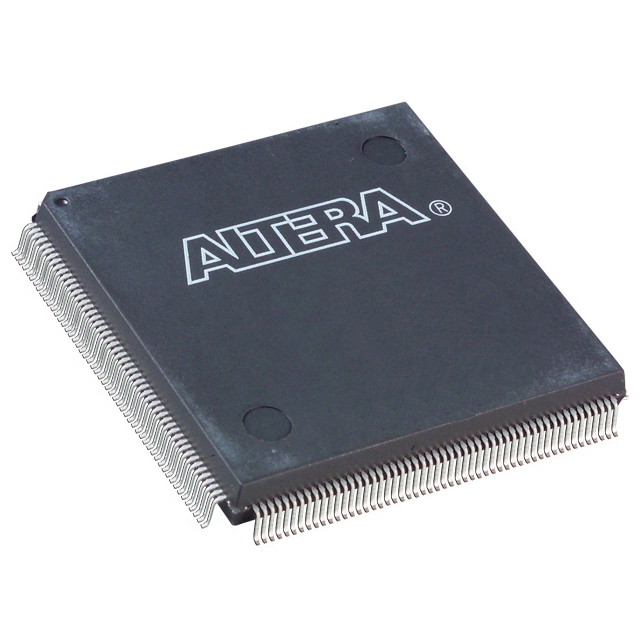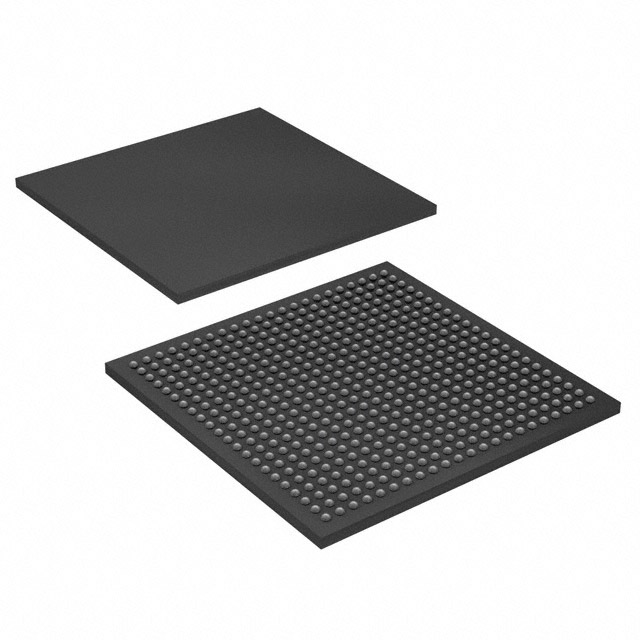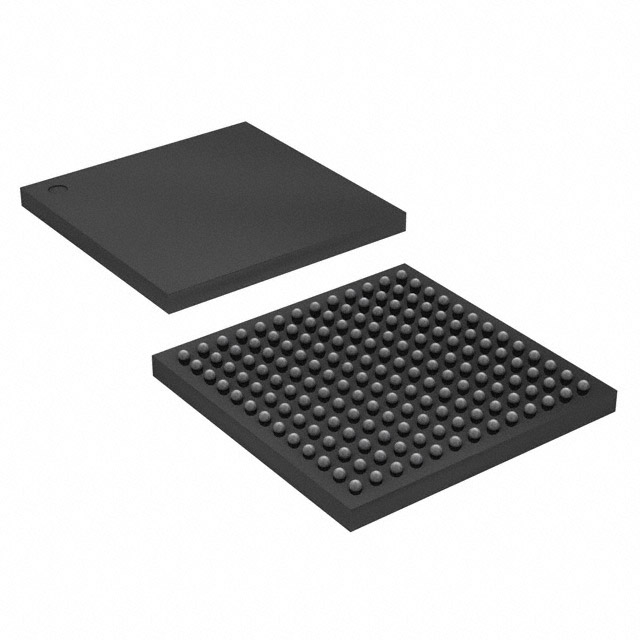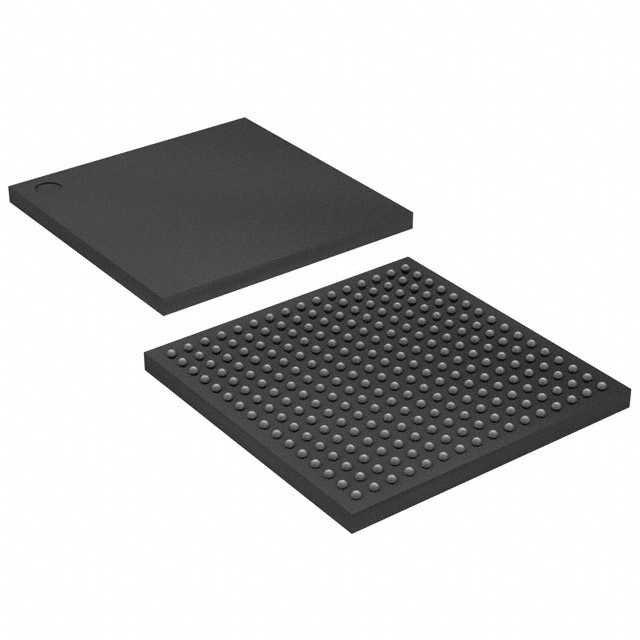In Stock : 0
Please send RFQ , we will respond immediately.









1SG280HU3F50E2VGAS Specifications
-
TypeParameter
-
Supplier Device Package2397-FBGA, FC (50x50)
-
Package / Case2397-BBGA, FCBGA
-
Operating Temperature0°C ~ 100°C (TJ)
-
Mounting TypeSurface Mount
-
Voltage - Supply0.77V ~ 0.97V
-
Number of I/O704
-
Number of Logic Elements/Cells2800000
-
Number of LABs/CLBs350000
-
DigiKey ProgrammableNot Verified
-
PackagingTray
-
Product StatusActive
-
SeriesStratix® 10 GX
The 1SG280HU3F50E2VGAS integrated circuit chips, also known as field-programmable gate arrays (FPGAs), have several advantages and application scenarios:Advantages: 1. Flexibility: FPGAs can be reprogrammed or reconfigured to perform different functions, making them highly flexible compared to fixed-function ASICs. 2. High performance: FPGAs can achieve high processing speeds and parallelism due to their ability to implement multiple functions simultaneously. 3. Low power consumption: These chips are designed to optimize power consumption, making them suitable for applications with strict power requirements. 4. Customizability: FPGAs can be customized to meet specific application requirements, allowing for the implementation of complex algorithms and protocols. 5. Prototyping and development: FPGAs are commonly used for prototyping and development of new hardware designs before manufacturing ASICs.Application scenarios: 1. Telecommunications: FPGAs are used in networking equipment, such as routers and switches, to implement high-speed data processing, packet forwarding, and protocol handling. 2. Automotive: FPGAs are utilized in automotive systems for functions like advanced driver-assistance systems (ADAS), infotainment systems, and engine control units (ECUs). 3. Aerospace and defense: FPGAs are employed in radar systems, satellite communication, avionics, and military applications for their high-performance computing capabilities and reconfigurability. 4. Industrial automation: FPGAs are used in industrial control systems, robotics, and machine vision applications for real-time data processing, control, and monitoring. 5. Medical devices: FPGAs find applications in medical imaging, patient monitoring, and diagnostic equipment due to their ability to handle large amounts of data and perform complex algorithms. 6. Internet of Things (IoT): FPGAs can be used in IoT devices for sensor data processing, edge computing, and connectivity protocols.These are just a few examples, and FPGAs have a wide range of applications across various industries due to their versatility and performance capabilities.

















